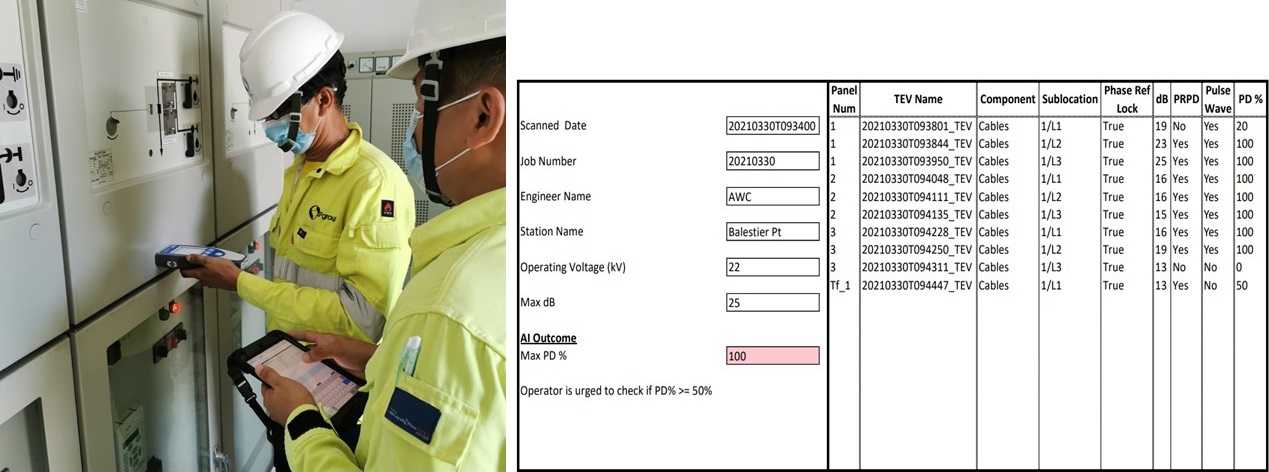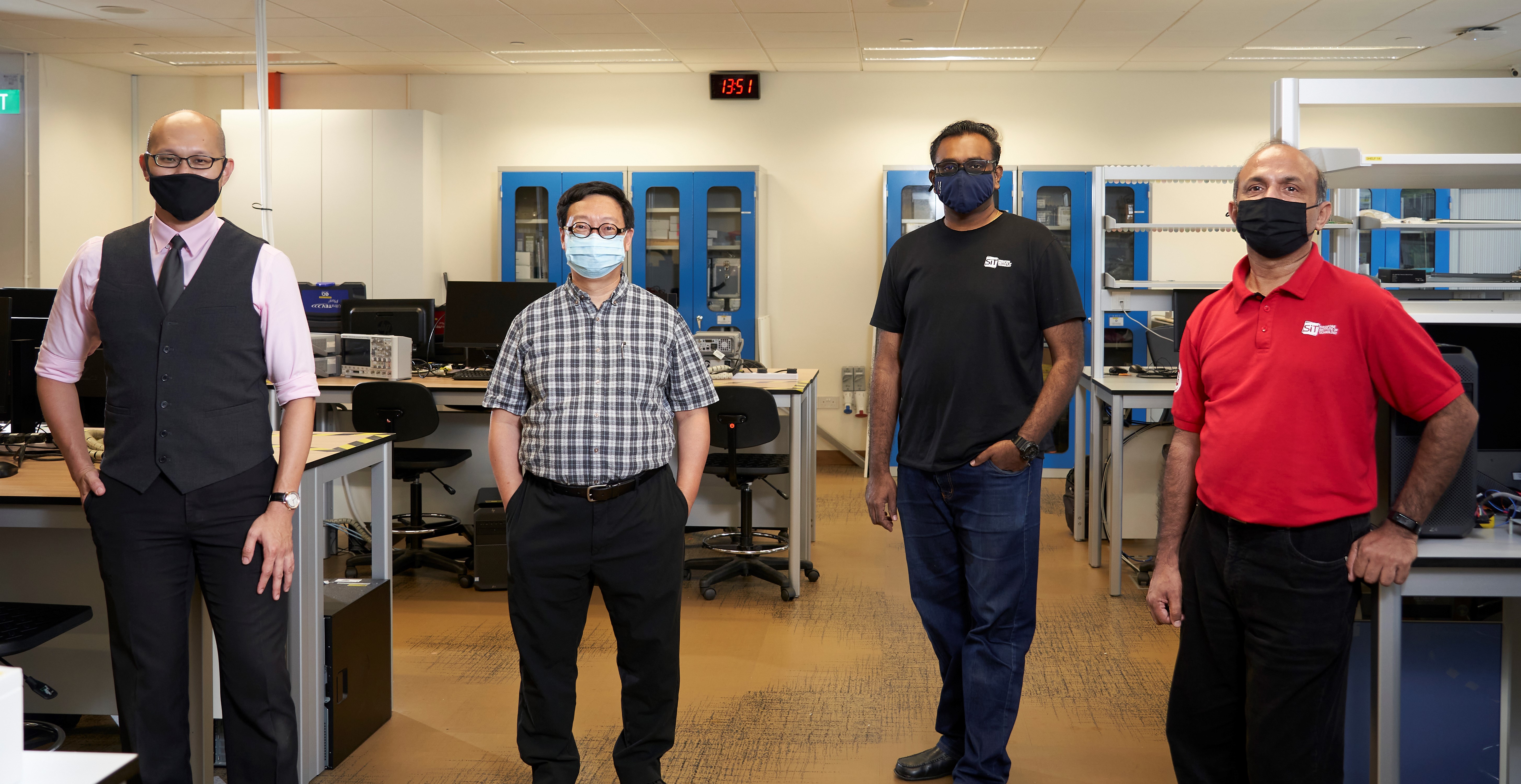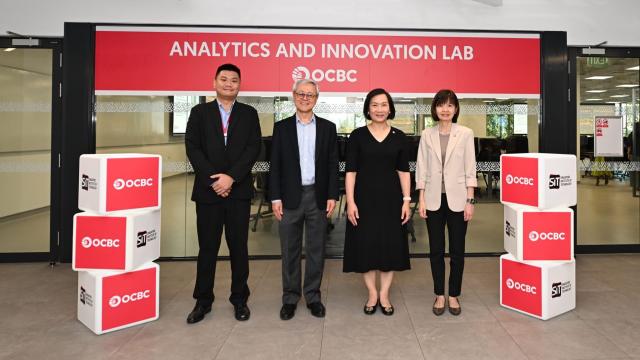Electricity powers nearly every aspect of our life. SIT researchers are collaborating with SP Group to ensure a more reliable electricity distribution grid for Singapore.
SIT researchers have developed a platform that automates and speeds up the detection of insulation failure in SP Group substations, helping to prevent blackouts. Since February 2021, the machine learning platform has helped to reduce 90% of the time spent daily on these routine checks. This eases the officers’ workload and enables them to focus on analysing the measurements suspected to have abnormalities.
As the owner and operator of Singapore’s electricity network, SP Group has more than 11,000 substations delivering electricity to industrial, commercial and residential consumers here. Part of the work in maintenance of substations includes checking for partial discharge – an electrical discharge that does not completely bridge the space between two conducting electrodes – which is a key symptom of deteriorating electrical insulation. A fault due to insulation failure can lead to the tripping of protection equipment, which could trigger blackouts and even a fire.
Previously, checking for insulation degradation was highly labour-intensive. Operators used a handheld device to extract patterns and waveforms measured by the equipment at the substations. They then manually scanned through the pattern and waveform data to look for potential abnormalities.
Ten-fold Increase in Efficiency
To make the process more efficient, SIT researchers devised a machine learning platform that analyses the waveform data uploaded from the handheld devices, and flags out suspected partial discharge. The platform uses a unique algorithm, called adaptive clustering, which removes noise of varying levels to accurately isolate partial discharge data points for analysis.

Left: Asst Prof Sivaneasan Bala Krishnan and Prof Tseng King Jet measuring the partial discharge signal using a lab simulator. Right: Mr Jacob Abraham, Senior Professional Officer, and Asst Prof Donny Soh in discussion.
“Typically, it would take about 10 minutes to manually go through five waveform data files,” said Assistant Professor Donny Soh, the project’s principal investigator. “The platform we came up with runs through at least 50 waveform data files in the same amount of time. That is a 10-fold increase in efficiency.” As a result, the number of suspected partial discharge cases that officers review daily has dropped significantly from around 400 to 40.

Left: SP Group officers measuring Transient Earth Voltage (TEV) at a substation, as part of checks for partial discharge. Right: The machine learning platform interface.
The project, which was supported by SPPG, took nine months to complete. The machine learning platform can be installed on SP Group’s local machines from the shared drives and is easily accessible off-site even without internet access. The SIT team also comprises Assistant Professor Sivaneasan Bala Krishnan (Engineering cluster), Professor Tseng King Jet (Engineering cluster), and Mr Jacob Abraham, Senior Professional Officer.

From left: The SIT research team comprises A/Prof Donny Soh (ICT cluster); Prof Tseng King Jet (Engineering cluster); Asst Prof Sivaneasan Bala Krishnan (Engineering cluster); and Mr Jacob Abraham, Senior Professional Officer.
“It’s critical that machine learning leaves the lab and enters places where people work in, and ultimately makes a positive difference in their lives,” added Asst Prof Soh, who is also Programme Leader, Computer Science in Interactive Media and Game Development, SIT. “Our team is happy to continue on this journey with SP Group as Singapore develops its infrastructure to meet our next stage of growth.”
“We are very pleased with the good outcome of this project, which allowed us to improve our productivity. We will continue to explore the use of advanced technology in our pursuit for even better network reliability,” said Er. Ang Seng Kok, General Manager, SP Group.
![[FA] SIT One SITizen Alumni Initiative_Web banner_1244px x 688px.jpg](/sites/default/files/2024-12/%5BFA%5D%20%20SIT%20One%20SITizen%20Alumni%20Initiative_Web%20banner_1244px%20x%20688px.jpg)


